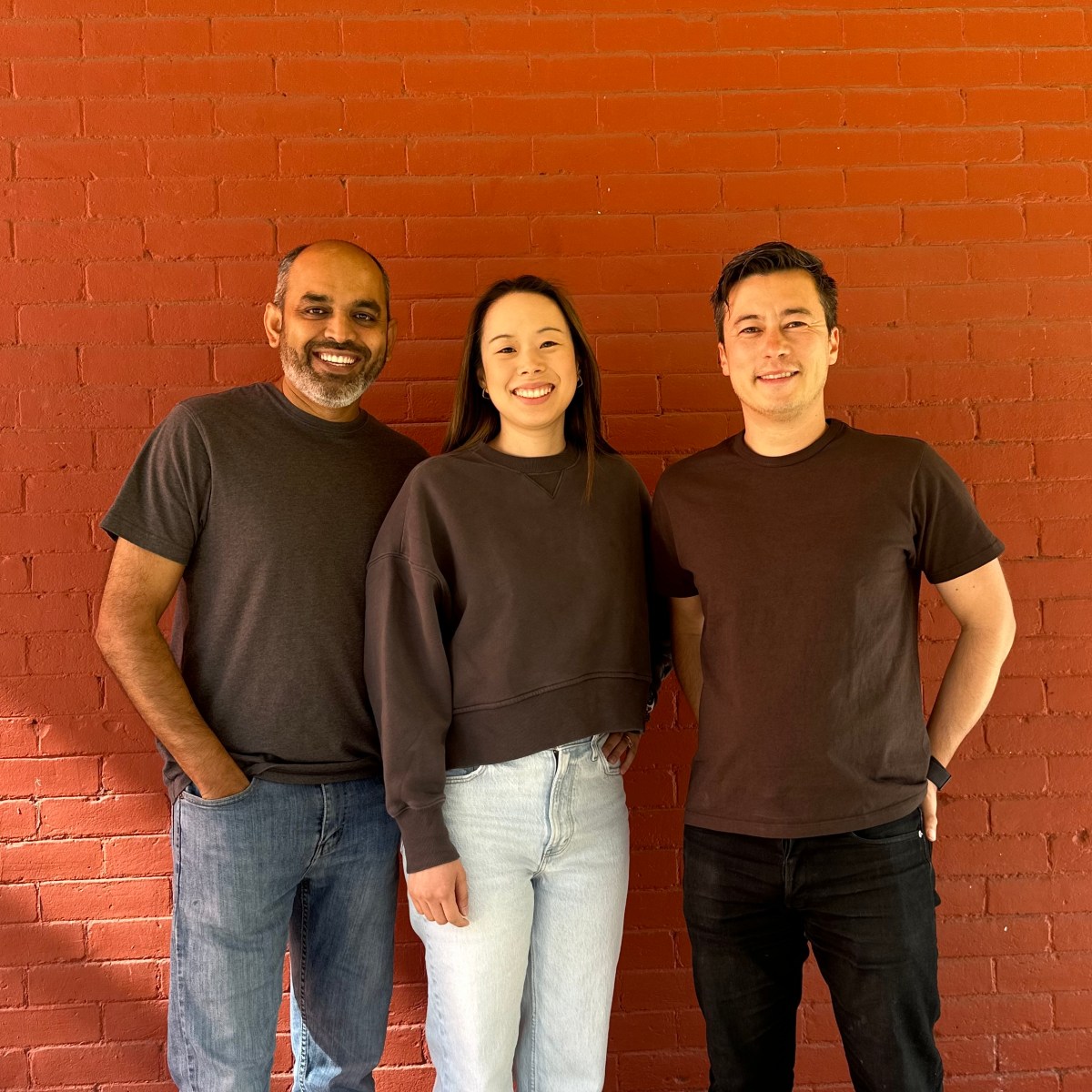Small business creation has been on the rise in the U.S. since the pandemic. There are a lot of tech tools designed to help these companies with things like payroll or setting up retirement benefits — but more tools doesn’t mean small businesses know how to use them to make smart decisions. Uprise is looking to […]
© 2024 TechCrunch. All rights reserved. For personal use only.
Small business creation has been on the rise in the U.S. since the pandemic. There are a lot of tech tools designed to help these companies with things like payroll or setting up retirement benefits — but more tools doesn’t mean small businesses know how to use them to make smart decisions.
Uprise is looking to change that. The startup looks to serve as a financial advisor to these small businesses. It embeds itself into financial service products SMBs are already using, like HR tech company Rippling and SMB tax startup Carry, and gives companies recommendations of what they should do. For example, Uprise could recommend which type of retirement benefit a company should offer based on its size and location.
Recommendations come from an AI algorithm that looks at information about the specific company in addition to data points collected from the financial service institutes the person is accessing Uprise from. Nanthakumar Muthusamy, Uprise’s co-founder and head of engineering, told TechCrunch that all of the platform’s recommendations get vetted through a human financial advisor.
“We believe that humans should be in the loop before you talk to a customer,” Muthusamy said. “They also like to talk to a human more than a machine.”
While Uprise is focused on small businesses now, the original concept was giving financial advice to consumers. Jessica Chen Riolfi, Uprise co-founder and CEO, told TechCrunch that the idea for the company came to her after working in numerous roles at fintech companies like Wise and Robinhood where she realized consumers had the same issue making smart decisions.
She connected with Chris Goodmacher, an OnDeck fellow who had noticed the same dilemma while working at fintech companies like JustWorks, and got started. Muthusamy joined the group shortly after.
The first iteration of Uprise was launched in private beta in 2022 as a direct-to-consumer strategy that was built for individuals making personal financial decisions. While that product is still available, the company decided to pivot to focus on small businesses when they realized that their most engaged users were individuals, like entrepreneurs and freelancers, looking to get advice for both them and their small business.
“Traditional finance, it doesn’t have a great solution for them,” Chen Riolfi said of these individuals. “If you walk into any traditional bank, it’s like for your business needs go here and for your personal needs go here, and the two sides don’t talk to each other. But that doesn’t reflect the reality of a small business owner. My business finances are my finances.”
The company pivoted toward small businesses and soon started getting inbound requests from fintech companies about embedding their tech into their platforms. Uprise has been operating in beta since 2023 with five customers and is now fully launching with more partnerships in the works.
The San Francisco-based company just raised a $3.3 million seed round led by Blank Ventures with participation from Graham & Walker, Hustle Fund and Dash Fund, among other VCs. It also raised from numerous angel investors from the fintech world, including Dan Macklin, the co-founder of SoFi, and Eddie Kim, the co-founder of Gusto.
“All of the investors who did come in know the space really deeply,” Chen Riolfi said. “The thread through this entire journey is we didn’t have to convince them there was a need [for this].”
The company plans to use the money to help fully launch the product and to land more partnerships.
“Our vision for what embedded financial advisory means is if you are a small business owner and you have a folder of financial apps, we want to be integrated into all of those apps,” Chen Riolfi said. “We know the context and know what you should be doing there.”

Leave a Reply